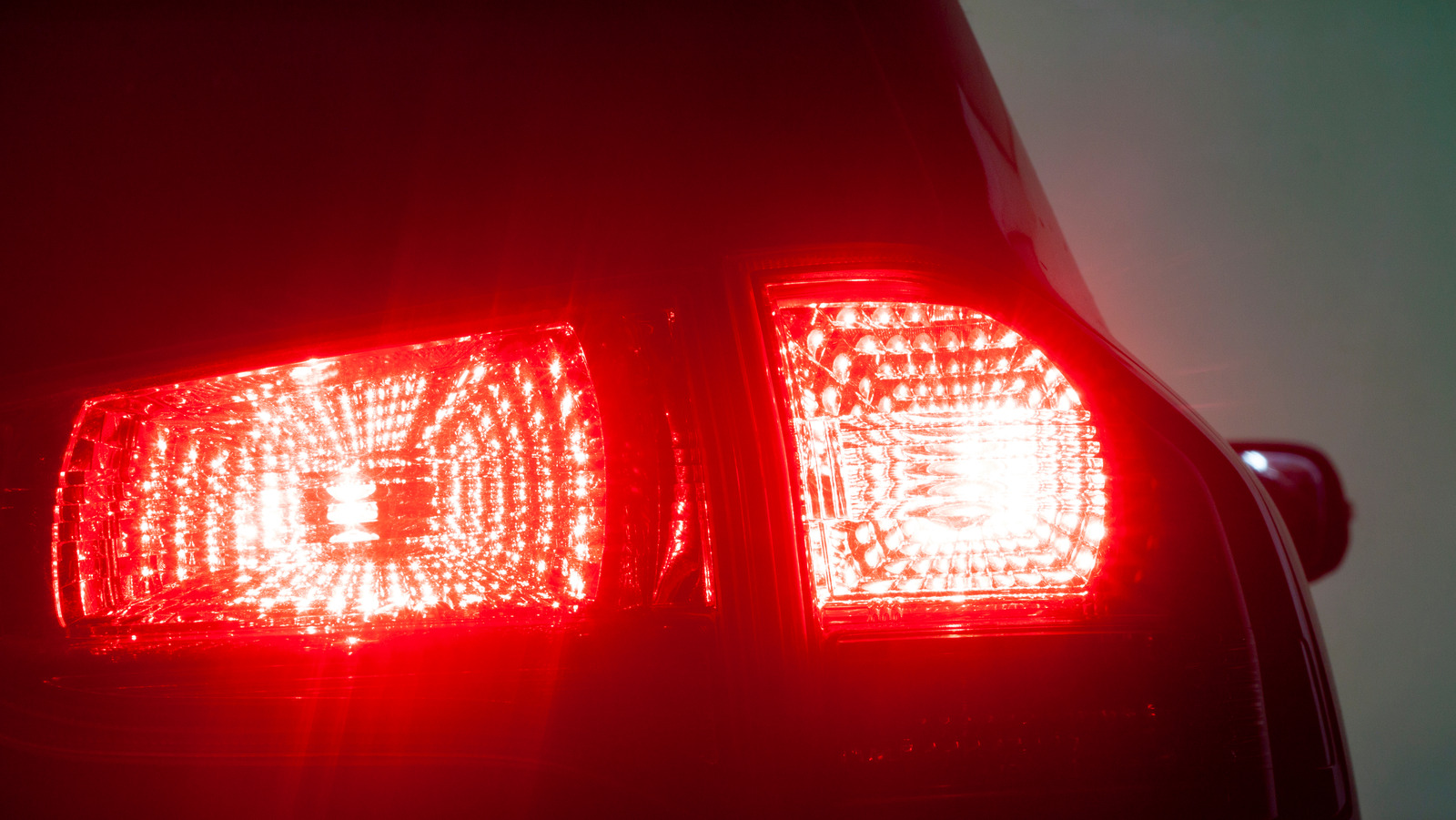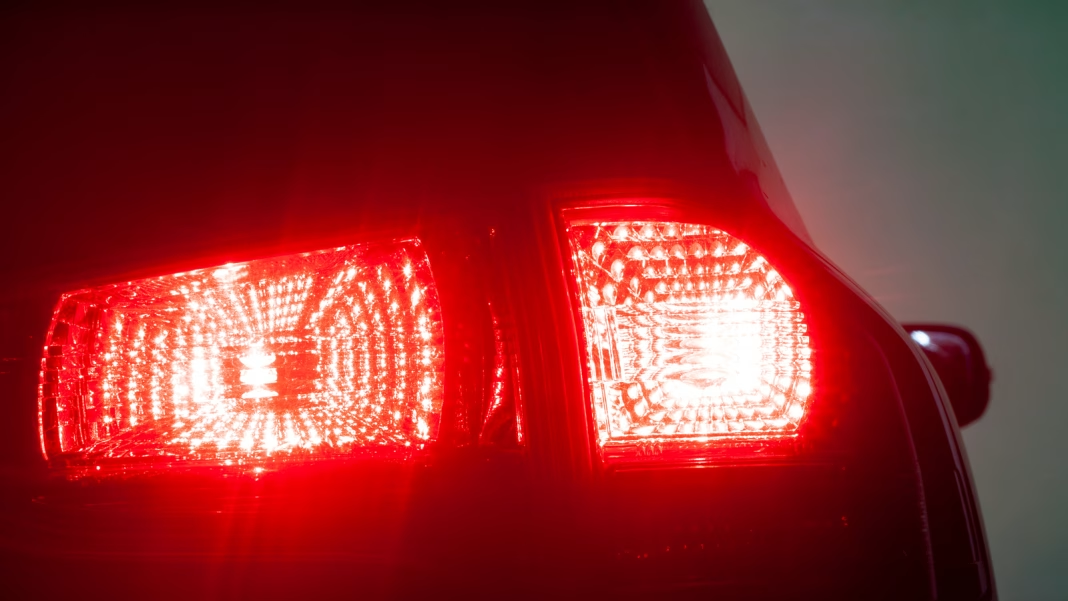Why Are My Brake Lights Staying On When the Car Is Off?
You park your car, turn off the ignition, and start walking away—only to notice your brake lights are still glowing. It’s not just annoying; it can drain your battery and leave you scratching your head. So, what’s really going on here? Let’s break down the most common causes, plus a few curveballs you might not expect.
Could a Stuck Brake Light Switch Be the Culprit?
The brake light switch is a small but mighty component, usually tucked near the brake pedal. Its job? To tell your brake lights when to turn on and off. If this switch gets stuck or fails, it can keep the lights on even when you’re nowhere near the pedal. Sometimes, the rubber stopper that presses against the switch falls off or crumbles, leaving the circuit open. The result? Pure magic. Your brake lights think you’re always braking.
A quick test: Gently pull up on your brake pedal with your hand. If the lights go off, you’ve probably found your issue. Replacing a worn-out switch or missing stopper is usually a simple, inexpensive fix—one you can often handle with a basic toolkit and a YouTube tutorial.
Is There an Electrical Gremlin at Work?
Wiring issues can be trickier to spot. Over time, wires can fray, connectors can corrode, and shorts can develop—especially in older vehicles or those exposed to lots of moisture. Sometimes, a previous owner’s DIY repair job leaves behind a tangle of questionable connections.
If you’ve ruled out the brake light switch, it’s worth checking your fuses and inspecting the wiring harness for obvious damage. Look for melted insulation, exposed wires, or signs of water intrusion. According to the National Highway Traffic Safety Administration, electrical system problems account for a significant chunk of vehicle recalls each year, so it’s not as rare as you might think.
Could Aftermarket Accessories Be Causing Problems?
Ever installed a trailer hitch, alarm system, or fancy LED tail lights? Aftermarket accessories can sometimes interfere with your car’s electrical system. A poorly wired trailer harness, for example, might backfeed power to the brake lights even when the car is off.
If your brake light issue started after a new installation, retrace your steps. Double-check the wiring and consult the accessory’s manual. Sometimes, simply unplugging the new device can help you pinpoint the problem.
Is It Possible the Brake Pedal Isn’t Returning All the Way?
It sounds simple, but sometimes the brake pedal itself is to blame. If it’s sticky or the return spring is weak, the pedal might not come all the way back up. That tiny gap is enough to keep the brake light switch engaged.
This is more common in older cars or those with lots of city driving, where the pedal gets a real workout. A little lubrication or a new return spring can work wonders. And yes, you’ll feel like a hero for fixing it yourself.
What About the Car’s Computer or Control Module?
Modern cars rely on body control modules (BCMs) to manage everything from lights to locks. If the BCM glitches or fails, it can send the wrong signals to your brake lights. While less common than mechanical issues, a faulty BCM can definitely cause your lights to stay on.
If you’ve checked everything else and still can’t find the culprit, a diagnostic scan at a reputable shop might reveal a software or module issue. According to a 2023 report from Consumer Reports, electronic control module failures are on the rise as vehicles become more complex.
Will My Battery Die If I Ignore This?
Short answer: Yes. Brake lights draw power directly from your battery, even when the engine’s off. If they stay on overnight, you might wake up to a dead car. In some cases, you’ll only get a few hours before the battery’s drained, especially if it’s already a bit weak.
If you can’t fix the issue right away, disconnecting the battery or pulling the brake light fuse is a temporary solution. Just remember to reconnect everything before you drive again—no brake lights means no warning for the drivers behind you.
How Can I Prevent This From Happening Again?
Regular maintenance is your best defense. Check your brake pedal and switch during oil changes, especially if your car’s seen a few birthdays. If you install aftermarket gear, follow the instructions to the letter and use quality connectors. And don’t ignore warning signs like flickering lights or a mushy pedal—they’re your car’s way of asking for help.
The big takeaway? Brake light issues aren’t about perfection—they’re about smarter adjustments. Start with one change this week, and you’ll likely spot the difference by month’s end.


